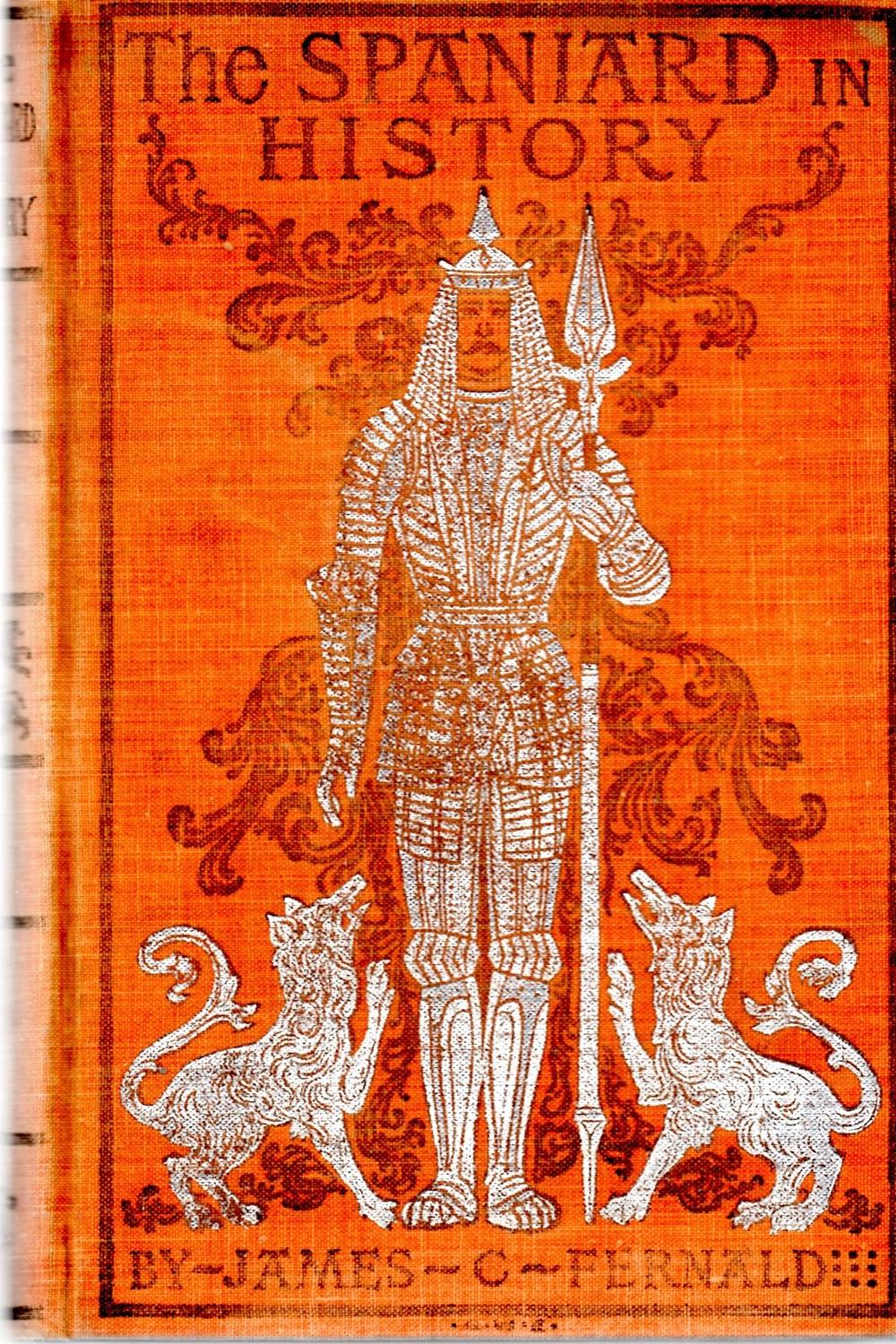
Copyright Notice Copyright is retained by the authors of items in these papers, or their descendants,Īs stipulated by United States copyright law. University of North Carolina at Chapel Hill.

Pettigrew (Family : Pettigrew, James, -1784) Johnston Pettigrew (1828-1863) of his travels to Spain and other parts of Europe,Ĭharleston, S.C., and Cuba and framed portraits in oil and photographs of family The ministerial work of Charles Pettigrew and William S. N.C., and other schools commonplace books and collected recipes and cures recordsĪnd journals related to the Methodist and Episcopal churches of North Carolina and Work from University of North Carolina in Chapel Hill, St. Information notebooks, composition books, speeches, music books, and other school The white family's poems and autobiographical writings family histories and genealogical Slave trade and lists of people enslaved by the Pettigrews. Financialĭocuments before the war include bills of sale for people trafficked in the internal Their inability to hire Black laborers whom they had previously enslaved. Hiring out and relocation of enslaved people from eastern North Carolina to ChathamĬounty, N.C., during the American Civil War. In the Haitian slave trade in the 1790s and later in the internal slave trade and Resistance by people enslaved on the Pettigrews’ plantations trafficking of people Of slavery a thwarted uprising by enslaved people in Hillsborough, N.C. Pettigrew family, particularly Charles Pettigrew (1744-1807), Ebenezer Pettigrew (1783-1848),Ĭharles Lockhart Pettigrew (1816-1873), and William S.

Eighteenth and nineteenth-century correspondence with white members of the

Pettigrew (1818-1900), a white Episcopalian minister and plantation White (Active 1820-1880), Moses (Activeġ856-1858), and Henry (Active 1856-1858), who were enslaved men serving as overseersįor William S. Included are letters written betweenġ8 that were dictated by Malichi J. and Tyrrell County, N.C., and copies of original poetry by George Moses Horton,Ī Black man enslaved in Chatham County, N.C. The collection contains documentation of the people enslaved by the white Pettigrewįamily on their rice plantations, Bonarva, Belgrade, and Magnolia, in Washington County, 16.5 feet of linear shelf space (approximately 9,230 items)


 0 kommentar(er)
0 kommentar(er)
